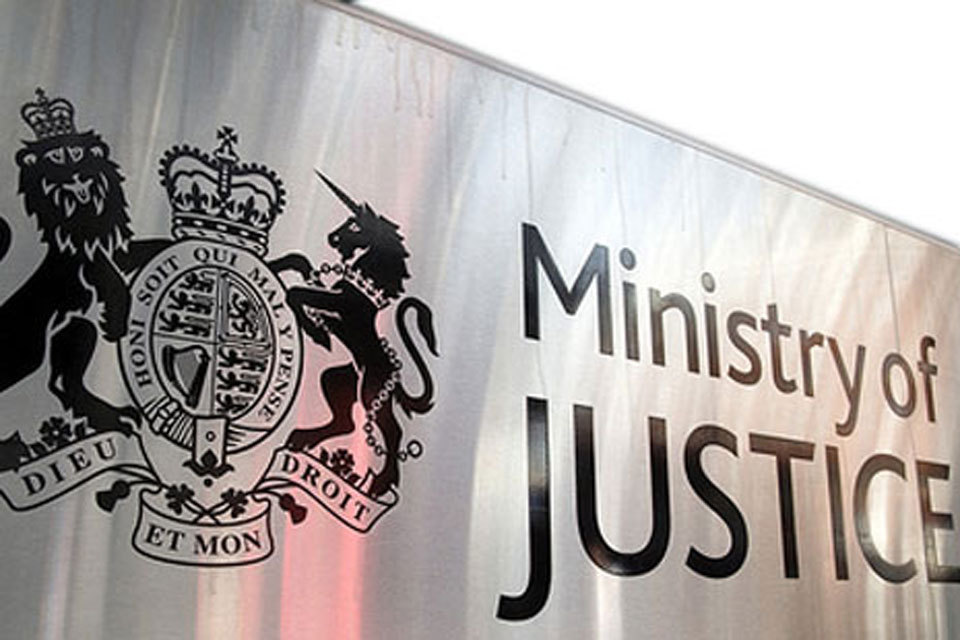Paper from IfG think tank encourages departments to put savings towards boosting skills in key areas
Credit: Mohamed Hassan/Pixabay
Government departments should use savings from expected headcount reductions to offer better pay to new external recruits in the field of digital and data and other areas where skills are in high demand, according to a new report.
The paper, from think tank the Institute for Government, argues that the civil service’s failure to attract, retain and properly use the talent of staff from outside government is hurting its ability to deliver on ministerial priorities. But it also acknowledges that high-profile ministerial criticism of the civil service has fuelled its “poor employer brand” among the kinds of professionals it needs to attract.
Report authors Jordan Urban and Alex Thomas say boosting the pay offered to external candidates with in-demand skills, introducing new performance-related pay packages as part of reformed civil-service contracts, and creating new “senior specialist” roles would be important steps.
Although prime minister Rishi Sunak last month formally axed the government’s target of reducing the civil service’s headcount by 91,000 jobs – or 20% – by 2025, reductions in the number of departmental staff are still seen as an inevitable way to meet efficiency targets.
Urban and Thomas said the looming “period of retrenchment” was no reason to abandon plans to increase specialist recruitment to the civil service, and that a least some of the payroll savings from job cuts and other efficiencies should be used to boost pay for in-demand skills.
Related content
- Patchy data means government ‘does not know what skills gaps it has and where’
- Government leaders of the future will need digital and data expertise, says head of Fast Stream
- Whitehall’s top official admits need to improve civil service technical skills
“For some jobs, civil service pay is simply not high enough to consistently get the best talent into government,” they said. “The impending reduction in the number of civil service roles is an opportunity – some of the relatively small amount of money saved would be well spent increasing salaries, where doing so would help to attract in-demand talent to particular roles. The modest cost would pay dividends through more effective administration.”
A range of technical skills were found by the report to be of particular importance, with the digital, data and technology profession remaining an area where government needs additional expertise.
“The DDaT function has sometimes struggled to attract the best talent and as technological change continues apace, it will need to employ people with more advanced digital and data skills,” the report said.
The report cites a list of problem areas for top-level recruitment. They include the Cabinet Office’s three-year struggle to find a chief digital officer, a financially driven exodus of energy-market experts from government following Russia’s invasion of Ukraine, and market-trailing salaries in the Government Communication Service.
It says civil service contracts should be reformed to “better reward individuals for success and better incentivise high performance and the right behaviours” and repeats a previous IfG call for the creation of a new chief talent officer role at director-general level.
Proposals also include changing Civil Service Commission recruiting principles to allow hiring managers to “poach” exceptional external candidates for the most senior without a full process, if the move has the approval of the relevant permanent secretary.
Senior specialists
The report suggests creating new “senior specialist” roles as an avenue to bring technical expertise into government and make proper use of their skills to improve both policy and operations.
Urban and Thomas said there was evidence that external specialists avoided roles in the civil service out of fear of being forced to defend decisions they disagree with in the interest of supporting ministers’ political goals.
The report authors urge the government to conduct a review into ways it can publish certain types of civil service advice to offset those fears – and hold departmental officials to account.
Urban and Thomas said that while successive governments have been pledging to open up the civil service to external entrants for decades – most recently in last year’s Declaration on Government Reform, much more work remains to be done.
“The civil service continues to lack technical expertise and cognitive diversity. Hiring more specialist external talent would improve its performance on both counts.” they said. “A more effective civil service would be one with a cadre of senior specialists providing the technical expertise that it currently lacks; well-designed recruitment, onboarding and induction processes; salaries that are high enough and an employer brand that is good enough to attract the best external talent; a stronger and more transparent system of ethical standards; better data about recruitment; and one that carefully publishes civil service advice.”
Urban and Thomas said part of the reason that more than 50 years’ worth of promised reform had gone unrealised was that ministers and senior civil servants had not sustained a serious interest in making change happen.



